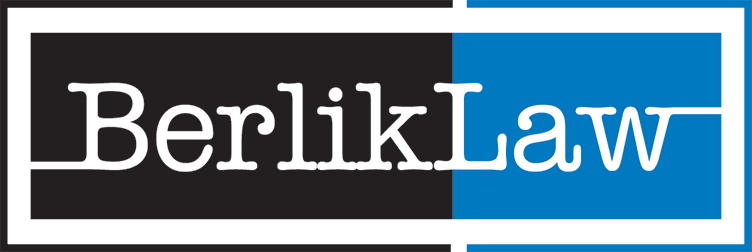Computer Crimes
Cybersecurity is becoming increasingly important as businesses increasingly depend on computers and electronic data to conduct their daily operations. If networks are not secure, personal and financial information may be exposed to hackers or others intent on committing identity theft, invasion of privacy, or other computer crimes.
The Virginia Computer Crimes Act, found at Sections 18.2-152.1 through 18.2-152.15 of the Virginia Code, specifies several distinct computer-related crimes, including computer fraud, computer trespass, harassment by computer, computer invasion of privacy, theft of computer services, personal trespass by computer, transmitting unsolicited email (i.e., spamming), and encryption used in furtherance of the commission of any of the other listed crimes. Although the Act is a criminal statute, it allows for the recovery of damages in a civil suit. Recoverable damages includes lost profits, but unlike the Virginia business conspiracy statute, the Computer Crimes Act does not provide for the recovery of treble damages or attorneys fees.
A person commits "computer fraud" when he uses a computer or computer network, without authority, and thereby obtains property or services by false pretenses, embezzles or steals money, or converts someone else's property. For example, if a competitor hacks into your network and converts your proprietary information, your business would have a civil cause of action against the competitor for computer fraud. "Computer trespass" is different and includes a long list of computer-related wrongs, such as causing a computer to malfunction, deleting files, and installing keylogger software for malicious purposes. Although similar to computer fraud, computer trespass is primarily concerned with computer data and software, whereas computer fraud can involve any property or services. Computer trespass also does not require an intent to steal property permanently; a temporary taking of the property will be sufficient to establish the elements of the crime.
Computer invasion of privacy occurs when a person uses a computer or computer network to intentionally examine (without the authority to do so) another person's employment, salary, credit, or any other financial information. A cause of action exists under this section of the Computer Crimes Act even if the wrongdoer makes no use of the information; it is the mere unauthorized inspection of the information that constitutes the invasion of privacy. Usually, the greatest challenge in cases brought for computer invasion of privacy is in proving lack of express or implied permission to view the data.
A person is guilty of "personal trespass by computer" if he uses a computer to cause physical injury to another person. Hacking into the system that controls traffic lights to intentionally cause collisions would fall into this category.
There are countless other situations in which bad actors use computers, computer networks, email, and the Internet to cause injury to others. At BerlikLaw, our attorneys are skilled in helping our clients obtain appropriate relief for these wrongs. Give us a call and see what we can do for you.
 Alexandria, Virginia Computer Crime Lawyer BerlikLaw Home
Alexandria, Virginia Computer Crime Lawyer BerlikLaw Home





